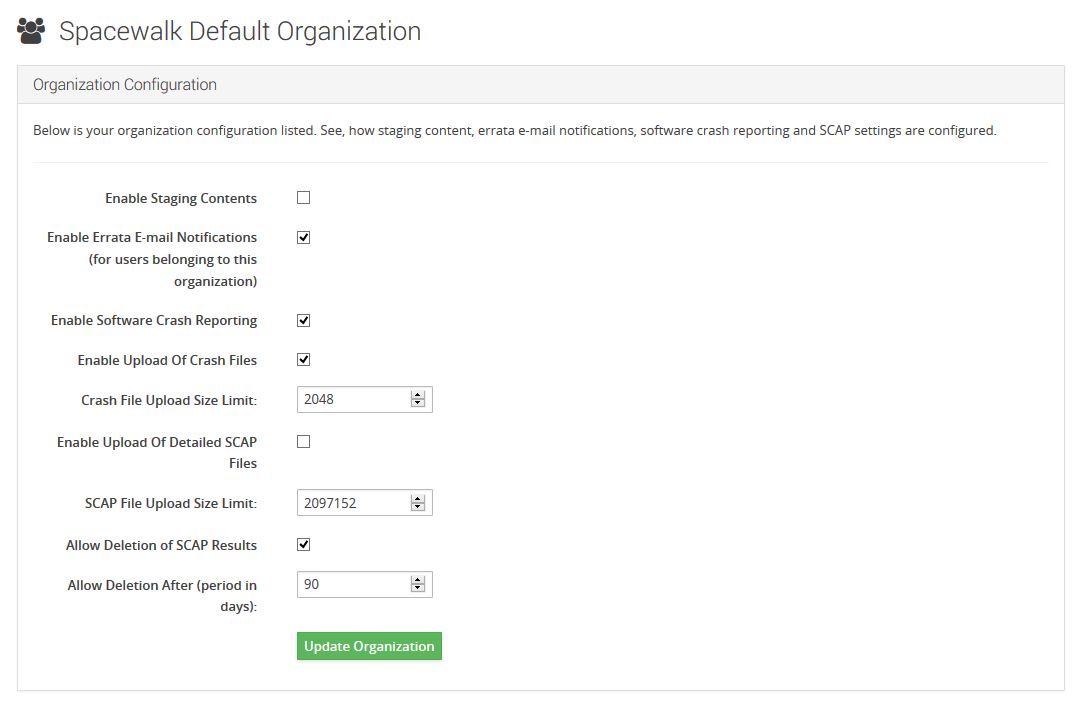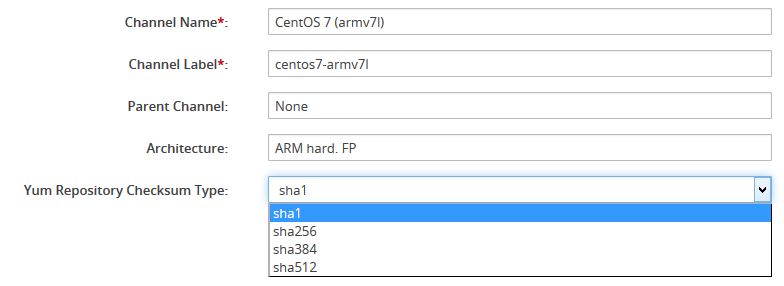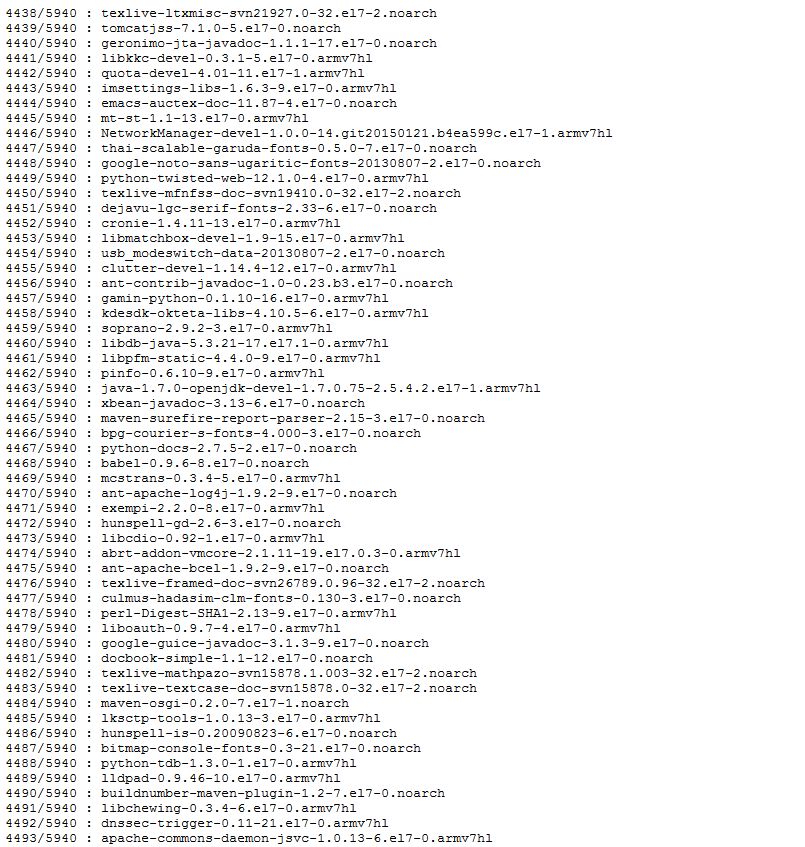Spacewalk 2.4 released
This week Spacewalk was released in version 2.4 after 6 months of development. In summary, about 60 bugs were fixed and some new features were implemented.
The web-interface is now available to other projects as part of the Patternfly framework. The project driven mainly by Red Hat aims at combining beatiful designs with Twitter Bootstrap to generate enterprise-ready administration interfaces easily. Of course, this interface can also be accessed on mobile devices, such as smartphones or tablets in a comfortable way.
Now, it is possible to set some settings differing from the default for particular Spacewalk organizations:
- Enable/disable content staging
- Enable/disable and limit crash reports
- Enable/disable using SCAP tests
Fedora 22 client systems are now officially supported. To enable this version, a plugin for the DNF package manager was developed - so you don't need to go for YUM. Some Cobbler bugs regarding Enterprise Linux 7 systems (CentOS, ScientificLinux, Oracle Linux) were fixed. Software channels now need to use checksums (sha1, sha256, sha384 oder sha512). Previously it was possible to disable checksums for legacy systems (pre EL5). Completed software channel synchronization tasks are now listed more detailed in the web interface. For me this is very valueable - especially during debugging this feature is essential. Previously I was synchronizing software channels using a cronjob rather than the integrated task engine.
Forgotten user passwords aren't reset in plain text anymore - now munged reset links are sent per mail.
If you're using SCAP audits, a compliance graph is displayed per system.
In addition, some new API calls were added:
org.isErrataEmailNotifsForOrg- defines, whether mail notifications about new errata are enabled for an organizationorg.isOrgConfigManagedByOrgAdmin- defines, whether organization settings may be changed by the current userorg.setErrataEmailNotifsForOrg- enables/disables mail notifications about new errata for an organizationorg.setOrgConfigManagedByOrgAdmin- enables/disables the current user for changing organization settingssystem.getOsaPing- retrieves information about a system connectivity using OSAD (Open System Architecture Daemon)system.sendOsaPing- checks whether a system can be reached using OSAD
Especially the OSAD ping feature is a real benefit. I have been automating quite a lot of administrative tasks inside Spacewalk using Python scripts - this function could be used to exclude unreachable systems from some tasks. Especially satprep benefit from the new call.
The full API documentation can be accessed in the help section inside Spacewalk or on the Spacewalk website.
A comprehensive list of all changes in Spacewalk 2.4 can be seen in the release notes of the Spacewalk projects.
Development on Spacewalk 2.5 has already started, the nightly repository already contains generated packages with experimental changes.
SUSE recently uploaded a video about SUSE Manager 3 that is awaited for the next year. One of the announced changes was an pre-configured appliance that also integrates Icinga for monitoring. The integrated but rather basic monitoring functionality was removed in Spacewalk 2.3. In conjunction with Configuration Management they were also talking about Saltstack. I personally think that the engine that is currently used by Spacewalk (and also SUSE Manager and Red Hat Satellite 5) for configuring systems is quite static and inflexible - Saltstack would do a better job here. In January I already experienced some details about the planned changed on SUSE Linux Expert Day 2015 - I'm really excited to see the further development. It is nice that SUSE is contributing a lot to the Spacewalk project, about 27% of all changes in Spacewalk 2.4 were commited by SUSE.



